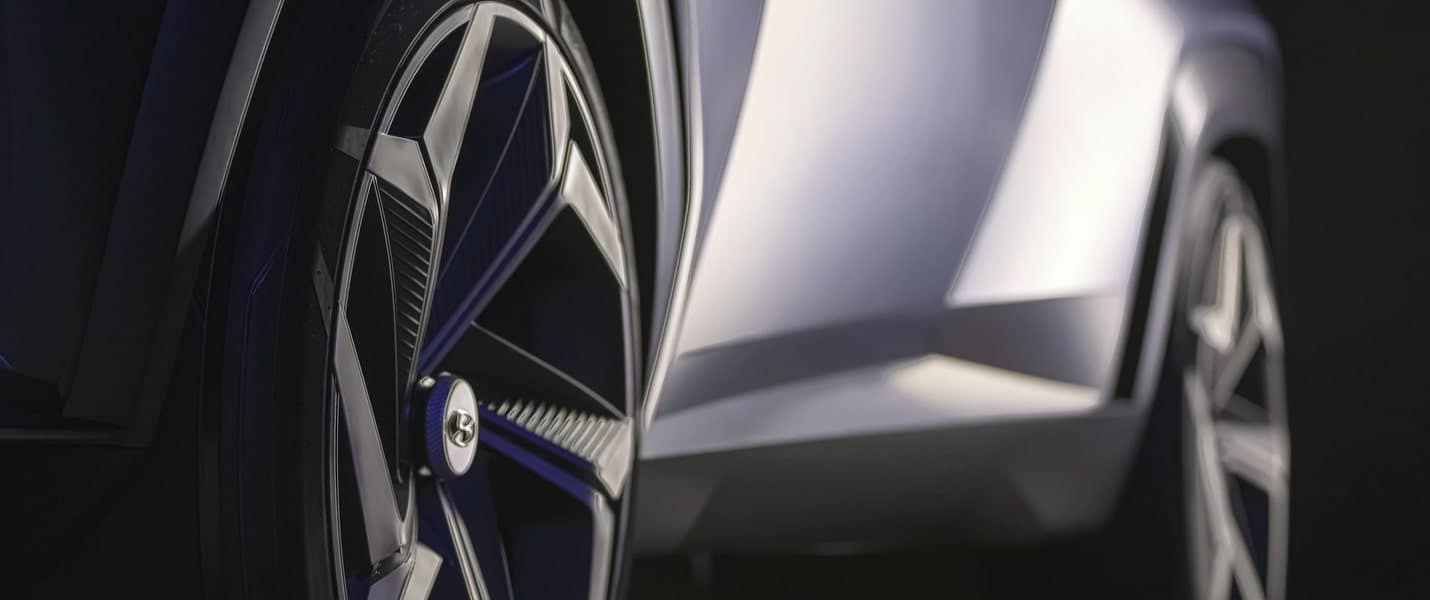
Domestic vs. foreign forged wheel hubs: How big is the actual difference?
Of course. This is an excellent question that gets to the heart of quality, safety, and value in the automotive aftermarket.
The difference between domestic and foreign forged wheel hubs can be significant, but it’s not as simple as “foreign good, domestic bad” or vice-versa. The real divide is between reputable manufacturers and low-cost, low-quality producers, regardless of their country of origin.
Here’s a detailed breakdown of the actual differences:

1. Quality and Materials
- Reputable Brands (Foreign & Domestic): High-quality manufacturers, whether in the U.S., Germany, Japan, or elsewhere, use superior-grade alloy steel (often 1045 or similar carbon steel). The forging process is tightly controlled to create a dense, strong, and uniform grain structure that can handle immense stress and heat.
- Low-Cost Producers (Often from certain regions in China): To cut costs, they may use inferior or recycled steel alloys. This metal can have impurities, inconsistencies in the grain structure, or lower carbon content, making it weaker and more prone to failure. The heat treatment (tempering) process may also be inadequate, leaving the metal too brittle or too soft.
Actual Difference: A hub from a reputable brand will have a consistent molecular structure and meet precise metallurgical specifications. A cheap hub may have hidden flaws that are not visible to the eye.
2. Engineering and Precision
- Reputable Brands: They invest heavily in R&D. Their hubs are designed to be exact OEM (Original Equipment Manufacturer) equivalents or even performance upgrades. This includes precise bearing tolerances, correct spline count and angle for ABS and traction control sensors, and perfect mating surfaces to prevent warping and vibration.
- Low-Cost Producers: The focus is on reverse-engineering and replicating the shape of the hub, often without understanding the critical engineering tolerances. Common results include:
- Incorrectly calibrated ABS sensor rings, causing warning lights and disabling safety systems.
- Slightly off-center mounting surfaces, leading to violent vibrations.
- Poorly machined splines that strip quickly or don’t engage properly with the axle.
Actual Difference: This is often the most noticeable difference. A cheap hub might physically bolt on, but it can cause persistent drivability and safety issues that are hard to diagnose.
3. Bearing Quality
The heart of a wheel hub assembly is the bearing. This is where the biggest quality gap often exists.
- Reputable Brands: Use high-quality, branded bearings (like NTN, SKF, Timken) or bearings manufactured to the same high standards. They are packed with high-temperature grease and have robust seals to keep contaminants out.
- Low-Cost Producers: Use the cheapest bearings available. These often have loose tolerances, poor-quality seals, and inadequate grease. They fail prematurely due to wear, contamination, or overheating.
Actual Difference: A premium hub might last 150,000+ km. A cheap hub can fail in as little as 15,000-30,000 km, often catastrophically. A bearing seizure can lead to a wheel locking up.
4. Testing and Certification
- Reputable Brands: Their products undergo rigorous testing for fatigue, impact, salt spray corrosion, and performance. They are certified to meet or exceed international standards like ISO 9001, SAE, or OEM specifications.
- Low-Cost Producers: Little to no meaningful testing is performed. They are built to a price point, not a standard.
5. Warranty and Support
- Reputable Brands: Typically offer strong warranties (e.g., 2-3 years, unlimited mileage) because they have confidence in their product’s longevity.
- Low-Cost Producers: Warranties may be short (e.g., 1 year) or difficult to claim, and the cost of labor to replace a failed unit again often outweighs the initial savings.
The “Foreign” Nuance
It’s crucial to understand that “foreign” does not automatically mean low quality.
- High-Quality Foreign: Brands like SKF (Sweden), NTN (Japan), FAG/INA (Germany), SNR (France) are world leaders in bearing and hub assembly manufacturing. Their quality is exceptional and often used as original equipment by global car makers.
- Low-Quality Foreign: This typically refers to unbranded or white-box parts mass-produced with minimal quality control, often sourced from specific regions known for cheap manufacturing.
Similarly, “Domestic” (e.g., in the US) can refer to:
- High-Quality Domestic: Brands like Timken or Moog are renowned for their quality and are often considered premium choices.
- Lower-Tier Domestic: Some domestic brands may offer budget lines that are still better than the cheapest imports but may use global sourcing that compromises on some materials.
Summary: How Big is the Actual Difference?
| Feature | Reputable Brand (e.g., SKF, NTN, Timken, Moog) | Low-Cost Import / Knock-off |
|---|---|---|
| Material | High-grade forged alloy steel | Inferior, potentially recycled steel |
| Precision | OEM-level tolerances, perfect fitment | Often slight errors causing vibrations/ABS lights |
| Bearing | High-quality, well-sealed, long-life | Cheap, fails prematurely, risk of seizure |
| Safety | Maintains integrity of ABS/TCS systems | Often disables critical safety systems |
| Longevity | 100,000 – 150,000+ km | 20,000 – 50,000 km (unpredictable) |
| Cost | Higher initial cost | Very low initial cost |
| Value | High (Cost per mile is low) | Very Low (High risk of early failure & rework) |
Final Verdict
The actual difference in performance, safety, and longevity is massive.
While the price of a low-cost imported hub can be incredibly tempting, it represents a significant gamble on a critical safety component. The potential consequences of failure—a seized wheel, loss of ABS, or a vehicle breakdown—far outweigh the initial savings.
Recommendation: Always choose a hub assembly from a reputable brand (whether domestic or foreign). It is not an area to cut corners. The higher initial cost is an investment in your safety, your vehicle’s reliability, and ultimately, your peace of mind. If you must choose a less expensive option, look for the higher-tier product lines from known domestic brands rather than the absolute cheapest option online.







